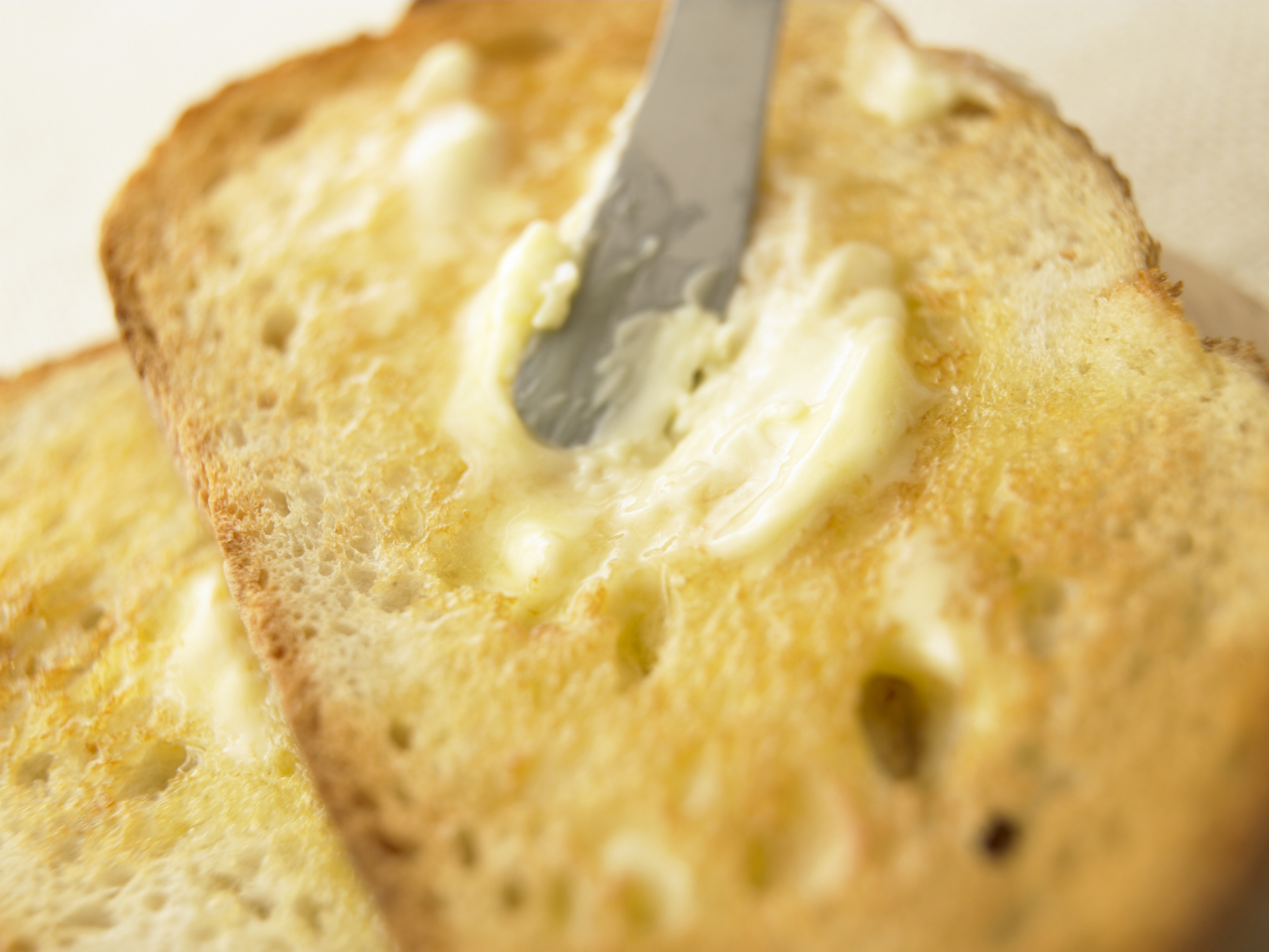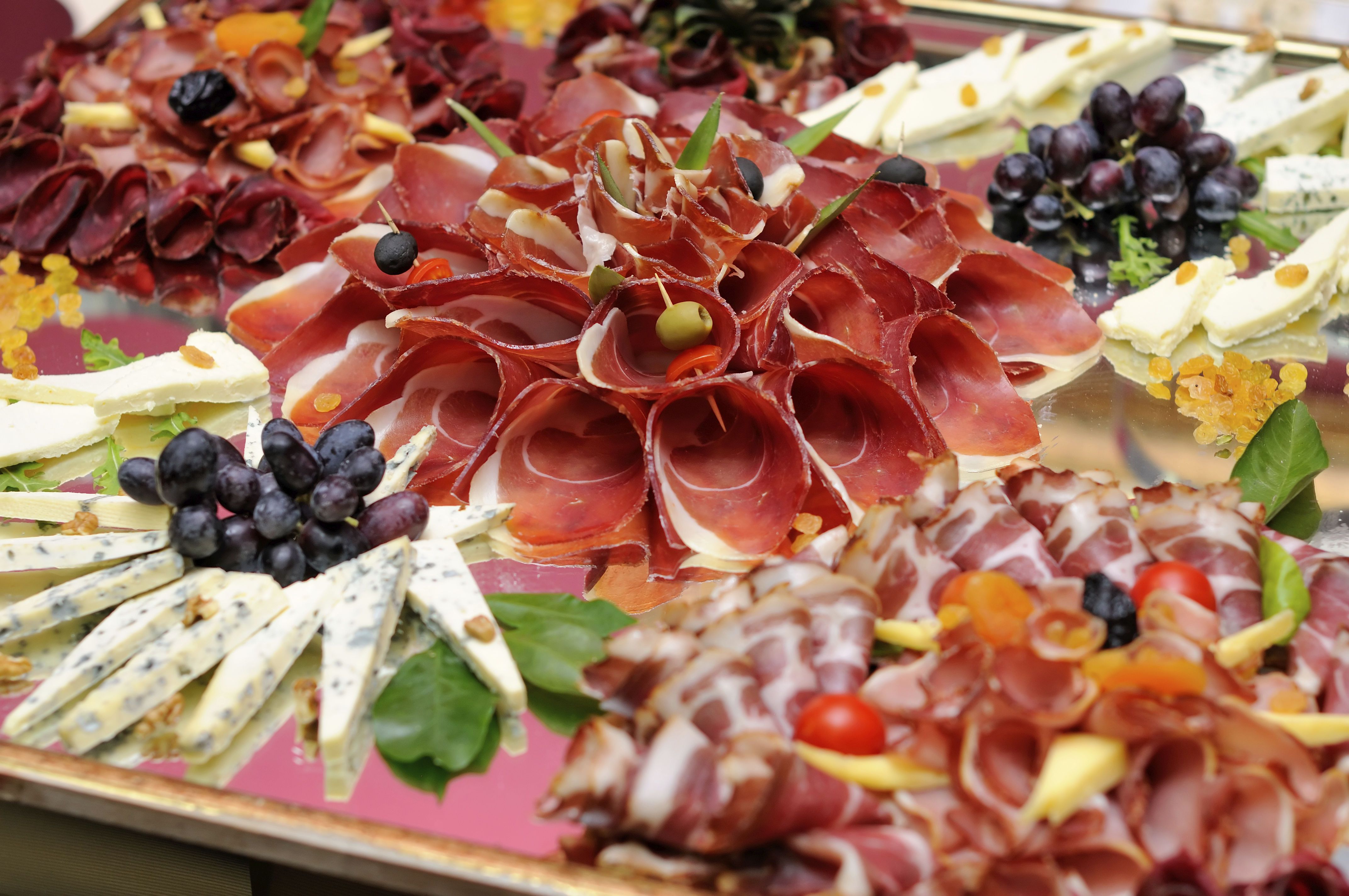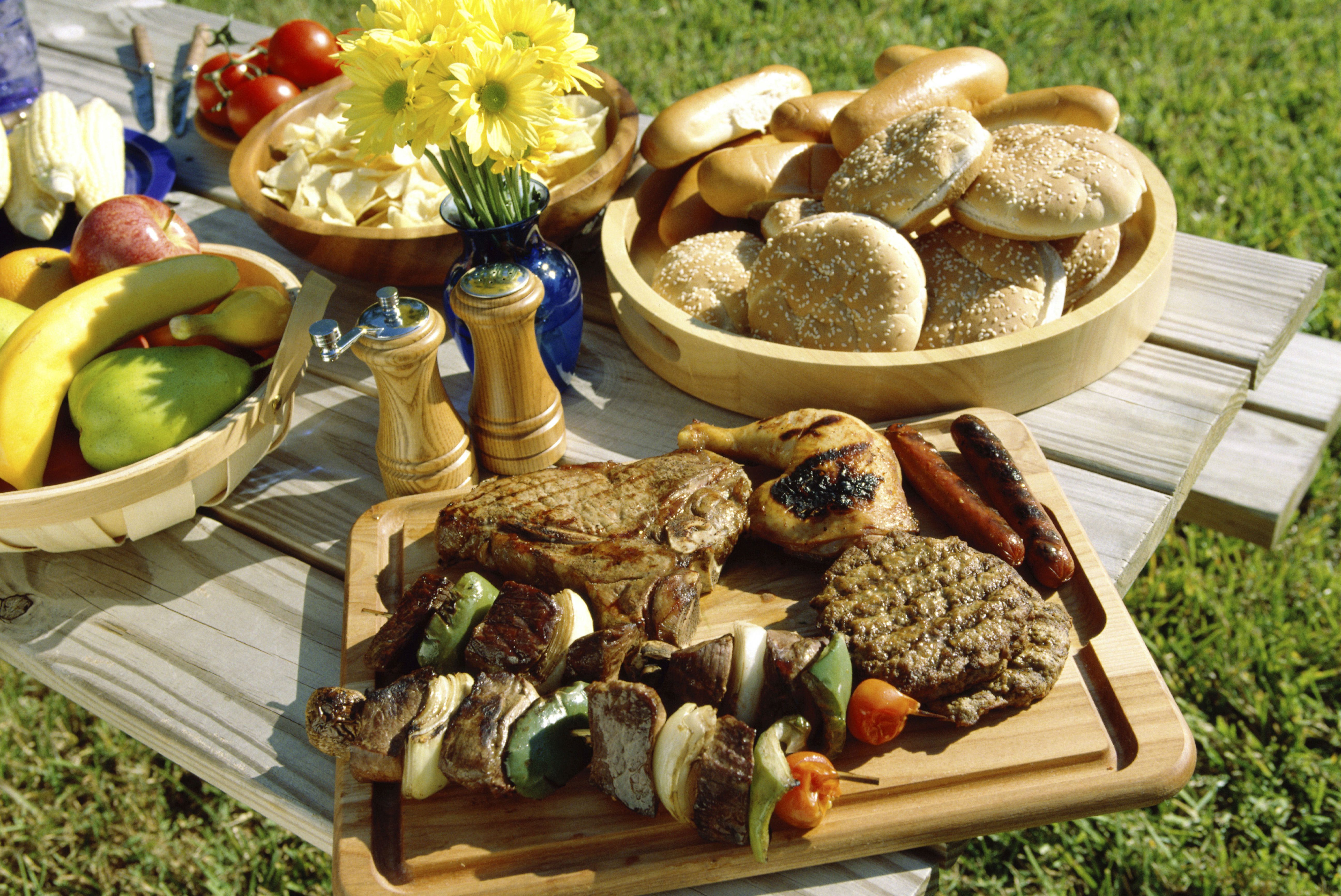Baking idioms: the best thing since sliced bread?
Yes, believe it or not, it’s National Toast Day today. Which got us all thinking, how important can toast possibly be?
Turns out, if you look at the English language, it’s pretty important, as are all baked goods to the British mind. We pepper our conversation with references to bread, toast, cake and biscuits on a daily basis:
In this cold weather, you may have turned on the heating, so now you’re as warm as toast. Central heating really is the best thing since sliced bread. Going out in the cold again without a coat would be a really half-baked idea.
If you’re the breadwinner in the family, you’re the one bringing in the money. Your job’s your bread and butter. Maybe you’ve got several projects on the go at the same time, in which case you’ve got your fingers in many pies. Or maybe you’re from the Upper Crust, in which case you may not need to work at all, and will hopefully know which side your bread is buttered.
If someone’s brown bread (a bit of Cockney rhyming slang, by the way), then they’re dead – or, if used as a threat, about to be dead. You can also say they’re toast.
A simple task is as easy as pie or a piece of cake. If something sells fast it sells like hot cakes. The icing on the cake is a lovely, unexpected bonus to a project; the sarcastic alternative is taking the biscuit. When fortune spins the wheel of fate, that’s just the way the cookie crumbles. And if it goes badly for you, you might feel deflated, or as flat as a pancake.
It’s not just English speakers who love to talk about bread. The Polish equivalent of a ‘piece of cake’ is a bułka z masłem (bread roll with butter). In Spanish, someone living a life of luxury nació con el pan bajo el brazo (was born with bread under their arm). If you suspect someone of being up to no good, in Swedish you can suggest that inte ha rent mjöl i påsen (they don’t have clean flour in their bag) – and if you then need to seek revenge, you can demand in Italian that the person who’s wronged you rendere pan per focaccia (to give back bread for focaccia).
Well, that’s probably enough: we don’t want to over-egg the pudding, so time now for us to shut our cake holes. Let’s conclude by raising a toast (which – as all good Big Bang Theory fans know – is so called because of a historic tradition of putting spiced toast in drinks) to all our favourite baked goods… we hope this post has given you food for thought 🙂
Nat and Liz
You speak more French than you think
So you think you can’t speak French? You may not realise it but if you’re an English speaker, you probably know more French than you think. Just take a look…
Delicatessen/Deli
Whether you go to the ‘deli’ aisle in the supermarket, or an independent delicatessen for some dips, sauces or meats, we’ve all used this word. In French the word for this is ‘delicatessen’, which literally means ‘delicious things’.
Biscuit
A common snack or treat in the UK and the US, there are so many options to choose from. But did you know that this originates from French, meaning ‘twice cooked’. The original biscuits were baked first, and then put into another oven to dry out so that they kept longer.
Faux Pas
Often seen in magazines or newspaper as a favourite way to describe a celebrity fashion ‘faux pas’. It originally means ‘false step’ in French related to a social mistake, which leads to embarrassment.
Picnic
The original meaning of picnic was to describe people who bring their own wine to a restaurant. The connotation of bringing something has stayed today with the idea that people contribute different things to a picnic. Today we also know it as a meal we eat outside or ‘al fresco’ (which is from Italian, if you were wondering).
Sabotage
Interestingly this word was first related to a work dispute and the idea that workers threw shoes into the machinery (originally clogs) to stop it from working, so they could strike. Today we associate this word with the idea of doing something which will prevent the desired outcome.
Fiancé(e)
We do have a couple of words for the person we’re going to marry in English, but for some reason the French is used much more regularly than ‘intended’ or ‘betrothed’. Perhaps it’s just that the French sounds more romantic?
Sauté
A term used in cooking such as to sauté an onion, it means frying in a small amount of fat. It originates from ‘sauter’ which means to jump in French.
Can you think of any other examples of French words or expressions that are regularly used by English speakers?
Let the cat out the bag…
The world has become slightly obsessed with cat videos and cat Instagram accounts (have you seen the video where cats see a cucumber? Trust me, it’s worth a watch). They are seriously cute! I am a massive cat lover and my phone is filled with photos of my cat, Marcella.
And when it comes to the English language, we love to use cats in idioms; you may find some are more difficult than others to guess the meaning of.
Here are some examples:
Has the cat got your tongue?
This basically means why are you being so quiet? Why aren’t you speaking? Sometimes associated with the idea that you’ve done something wrong and don’t know what to say to get out of the situation.
It’s raining cats and dogs
It’s raining (like it does A LOT in England) and it’s raining really hard.
Look what the cat dragged in
This is a very catty comment (see what I did there) this is said to someone when you don’t particularly like him or her. You’re making a point to say you don’t want them there in the same place as you.
There isn’t room to swing a cat
Okay I don’t know why you would want to swing a cat but this idiom means, it’s a really small space.
Put the cat among the pigeons
This is when you say something or do something that causes trouble. This could be expressing a different opinion to people in a group who all think the same thing.
Let the cat out of the bag
You’ve said something you shouldn’t have said, a secret maybe. You’ve said it to someone you shouldn’t have, which means you’ve essentially ‘let the cat out of the bag’.
The cat’s pyjamas/whiskers
This is an expression that means something is fabulous or excellent, similar to the ‘bee’s knees’.
If you have any other fun cat-related idioms (or any great cat videos to share with us), let us know!
Alex
‘Zewg birer, jekk joghgbok’ (or How to say ‘2 beers please’ in Maltese)
Katherine is one of our uTalk Challenge participants; she chose to learn Maltese in preparation for her holiday in the sunshine! Here she shares a few of her language adventures, and explains why she found knowing a little bit of the local lingo made the trip even more enjoyable.
Learning Maltese probably counts as one of the more pointless things you could do in life, as it is only spoken in two small islands, where everybody speaks very good English. But being in the position of having a week’s holiday booked in Malta for the last week of January, it seemed like the perfect thing to do for January’s uTalk challenge; after all, it is a language, and a very interesting-sounding one at that – it appears to be a mixture of Italian, English and Arabic. And what a great place to visit in January too, with the sun shining and temperatures in the high teens.
So here I am with my “gelat” (ice cream) in front of Mgarr in Gozo (the harbour where the little ferry arrives from Malta, just a couple of miles away), with some people talking on a “dghajsa” (boat) behind me, and the “xemx” (sun) shining brightly. And then with my husband at the “Tieqa Zerqa” (the Azure Window), which is one of the features shown in the final uTalk topic about the country. That section is great when you actually get to the country, as you can recognise places and know how they should be pronounced. In fact, having got the gist of how the combinations of letters are pronounced, it was great fun to be able to say the place names and street names and even read some notices, picking out the odd word or two.
It was on our outing to Gozo that I had my highlight of the week, language-wise. I was able to order some coffees, one black and one with milk and some local snacks (also featured in the Malta topic, so I knew they were the local delicacy)! I also asked for the bill and said goodbye etc; this all delighted the elderly lady serving us, in fact maybe we made her day! Not quite such success later that same day, when I came to use the phrase top of any uTalker’s list – “Zewg birer, jekk joghgbok” (2 beers please). I thought I had said it wrong, but it turned out the waiter was from Serbia!
So, even though it was not at all necessary to learn Maltese to visit Malta, it definitely enhanced my holiday to be able to do so a little bit. And what’s more, even though I suspected I had been learning the words and phrases just to amass the points and they wouldn’t stick, I found that they kept popping into my mind, so in fact they had stuck!
A great challenge, and I’m looking forward to next month’s new language!









